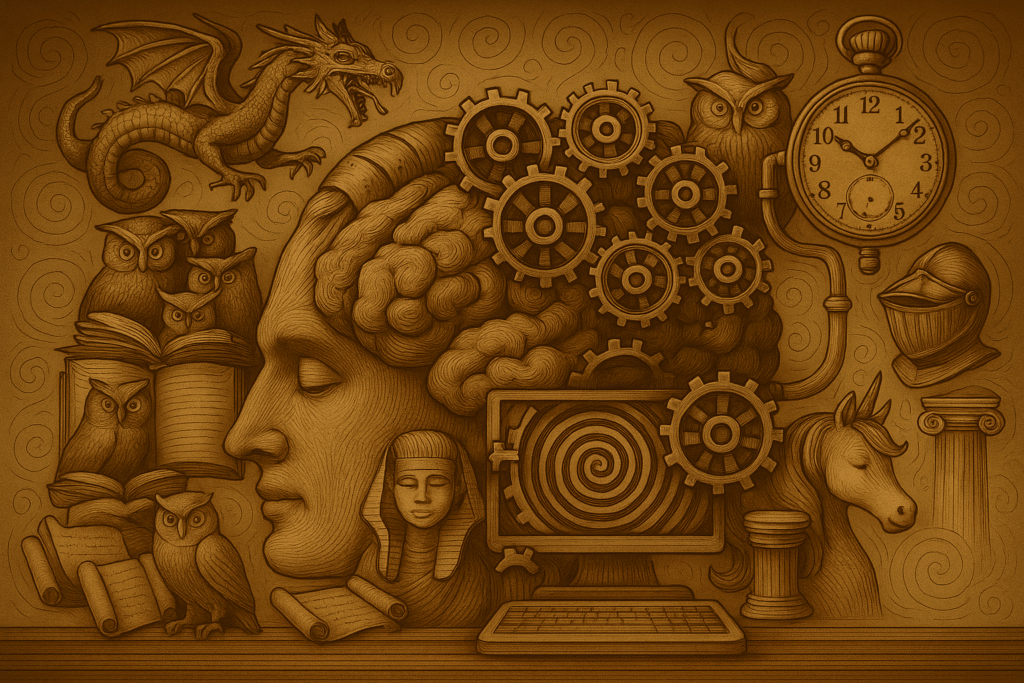
All
About
Hypnosis
🧠 Your Brain on Hypnosis
When you enter hypnosis, your brain activity changes in measurable ways. This section explores the neuroscience behind trance, including shifts in brainwave patterns from beta to alpha and theta, and changes in connectivity between different regions of the brain. We discuss what happens in areas related to decision-making, self-awareness, emotional regulation, and perception. By examining how your brain responds to suggestion and focus during hypnosis, we shed light on why this process is such a powerful tool for change.
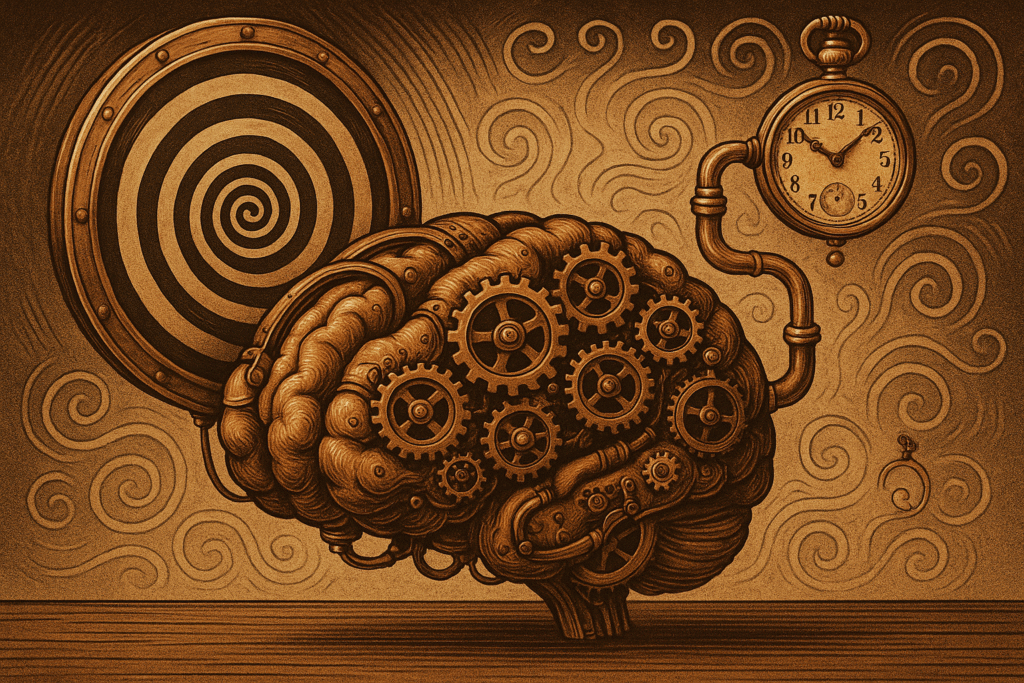
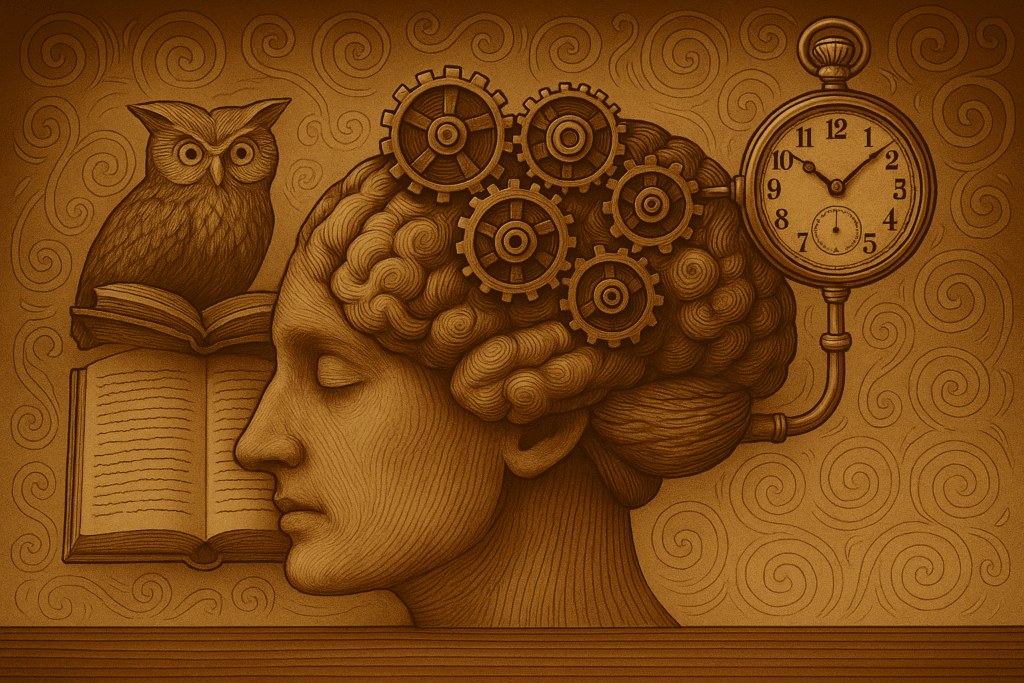
📘 Defining Hypnosis
Hypnosis is both a process and a state of focused attention. In this section, we break down how hypnosis is defined by clinical professionals, researchers, and experienced hypnotists alike. We also explain how our own definition at Hoosier Hypnosis emphasizes the collaborative nature of the work we do. You’ll learn how hypnosis differs from other states like meditation, daydreaming, and sleep, and how it can help access your subconscious mind to support meaningful and lasting change.
👁️ Signs of Hypnosis
How can you tell if you—or someone else—is hypnotized? This section outlines both the observable signs (such as relaxed muscles, stillness, and slowed breathing) and the internal experiences people often report (like floating sensations, vivid imagery, or deep calm). We explain that not everyone experiences hypnosis in the same way and that even light trance can be effective. With practice, the signs often become easier to recognize, making it simpler to deepen the trance state and achieve your goals.
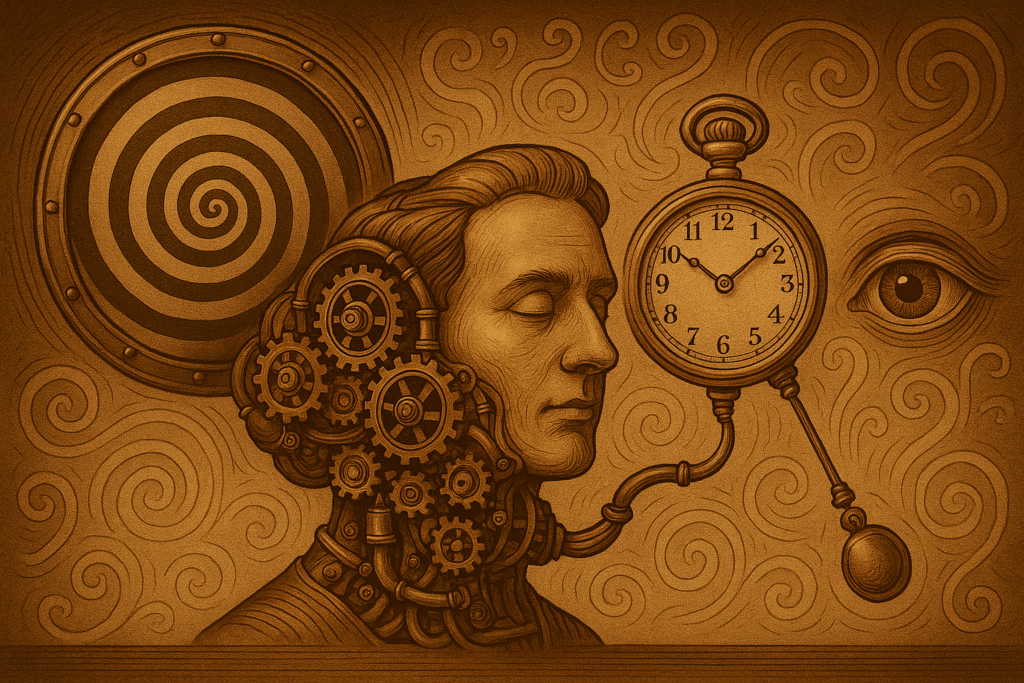
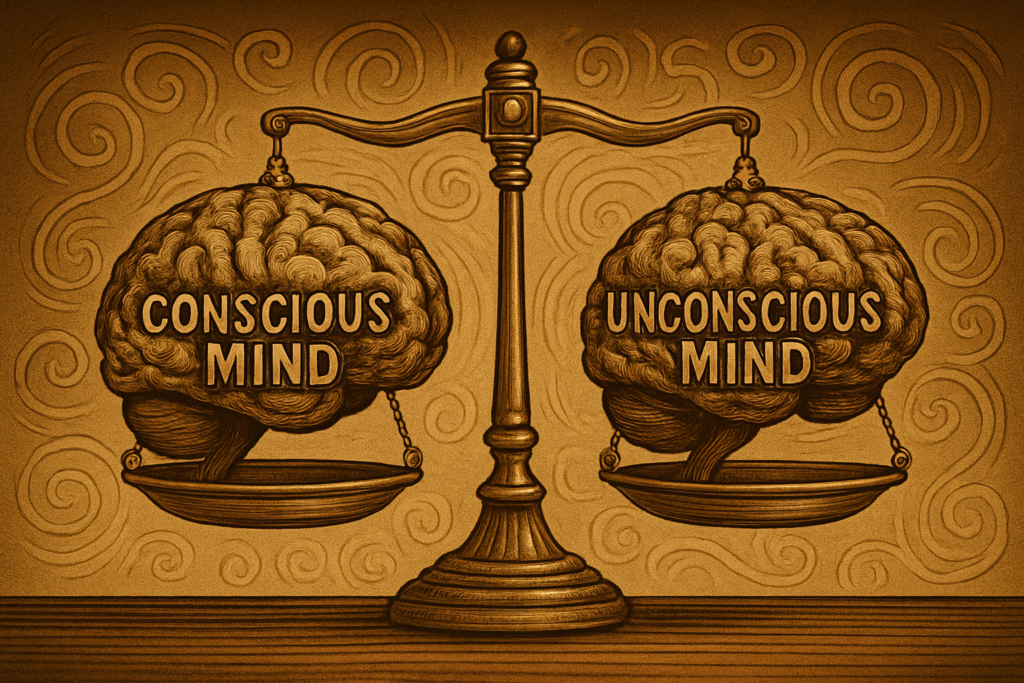
✨ Hypnotic Phenomena
Hypnotic phenomena are the mental, physical, and emotional effects that occur during trance—and they can be remarkable. In this section, we describe the wide range of phenomena that may arise in a session, from time distortion and sensory changes to age regression, dissociation, or automatic movements. These are not tricks or illusions, but real mind-body responses that can be used therapeutically to unlock new patterns of thinking, feeling, and behaving. Understanding these phenomena helps clients feel more confident in their ability to engage with the hypnotic process.
🔍 Hypnosis Myths
Many people come to hypnosis with ideas shaped by television, movies, or stage shows—but these depictions are far from accurate. This section tackles some of the most common myths about hypnosis: that it means losing control, being asleep, or doing things against your will. We explain why hypnosis is a natural, focused state of awareness that you enter voluntarily—and why you remain in control throughout the process. Understanding what hypnosis isn’t is just as important as understanding what it is.
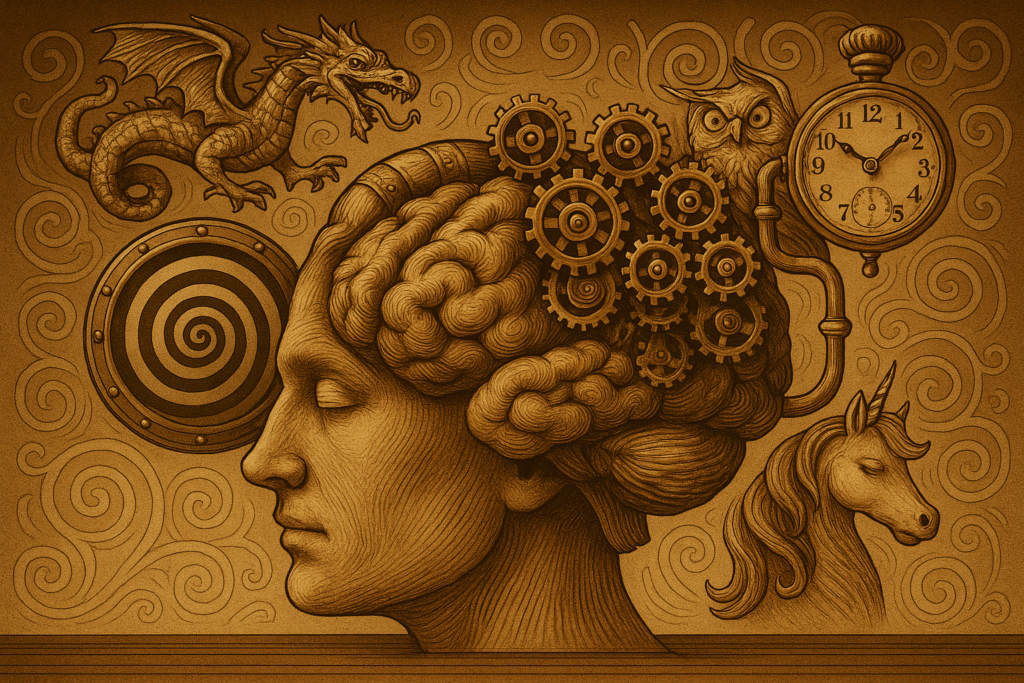
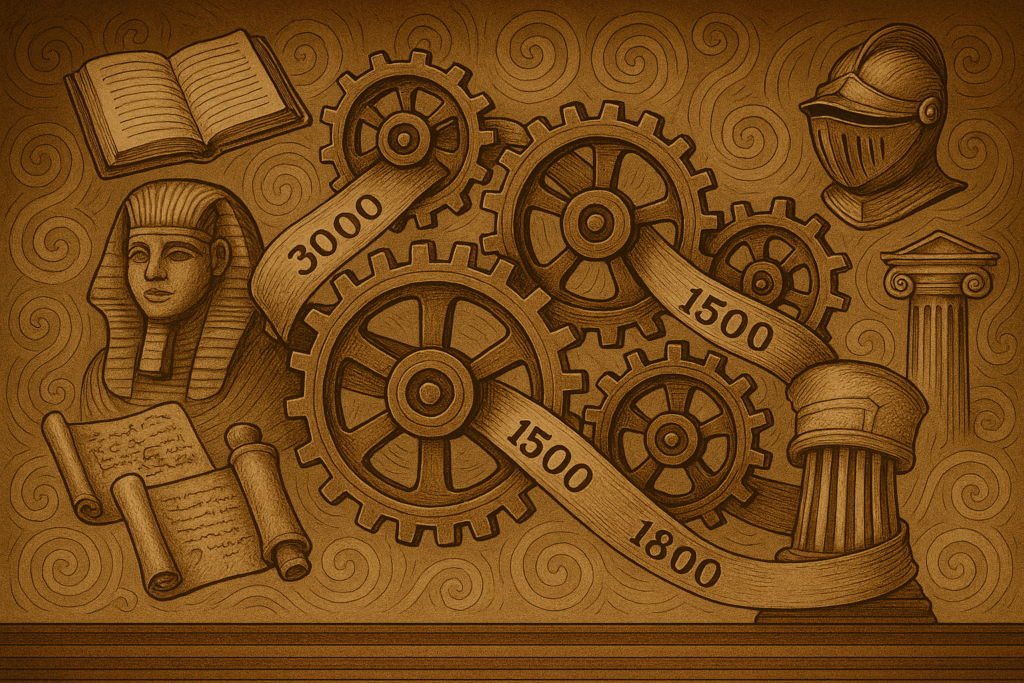
📜 History of Hypnosis (Coming Soon)
From ancient rituals to modern-day clinical therapy, hypnosis has a long and fascinating history. This upcoming section will trace its evolution through key figures like Franz Mesmer, James Braid, and Milton Erickson. You’ll see how hypnosis moved from mysticism to medicine, shaped by cultural beliefs and scientific discoveries. By understanding the roots of hypnosis, you’ll gain a greater appreciation for how this timeless practice continues to transform lives today.
🆚 Hypnotist vs. Hypnosis (Coming Soon)
There’s a difference between hypnosis as a process and the person guiding it. This section will explore the distinction between what a hypnotist does and what hypnosis actually is. We’ll look at how hypnosis can occur naturally or through guided sessions, and explain the role of a skilled hypnotist in facilitating focus, safety, and results. Whether you’re using self-hypnosis or working with a professional, we’ll highlight what each approach offers.
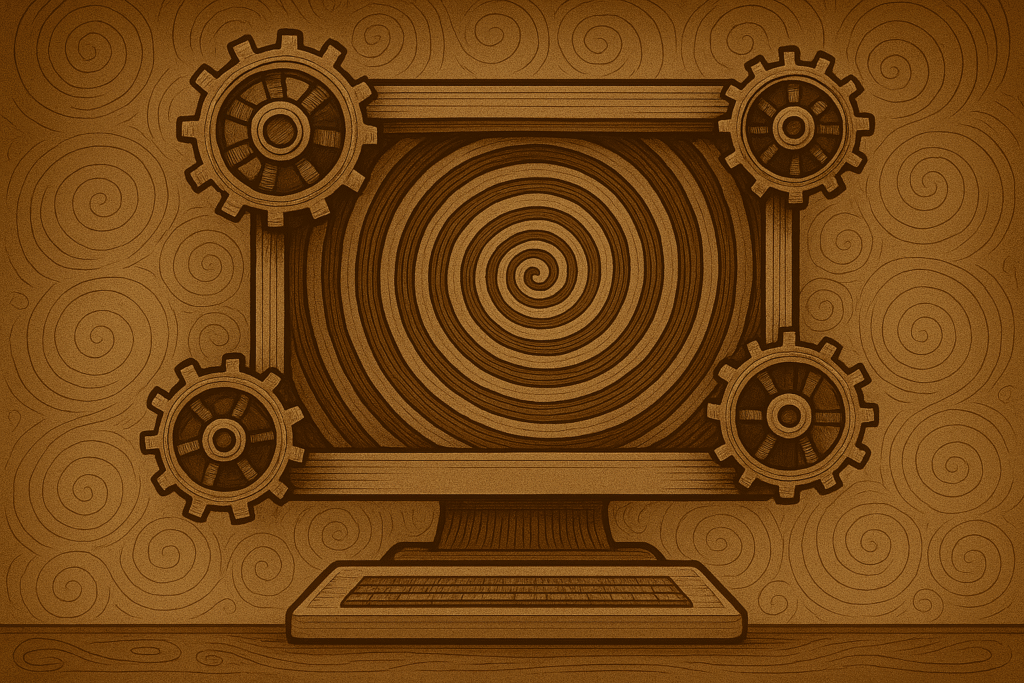
Disclaimer: You don’t need to be in trance for hypnosis to be effective. Hypnosis can occur without trance.
What Does Hypnosis Feel Like?
Hypnosis doesn’t feel strange or mysterious—it often feels familiar. It’s not sleep, and it’s not unconsciousness. Instead, it’s a natural shift in awareness that you’ve likely experienced before (like zoning out during a movie or getting lost in thought while driving).
While every person experiences trance differently, here are some common sensations clients report:
🌿 Physical Sensations
Deep relaxation throughout the body
Loosened muscles and reduced tension
Slowed breathing and heart rate
A feeling of heaviness or lightness
Warmth, tingling, or floating sensations
🧠 Mental & Emotional Shifts
Heightened focus and mental clarity
A sense of detachment from surroundings
Increased imagination or vivid imagery
A peaceful, calm emotional state
Reduced awareness of time (time may feel faster or slower)
🔁 Trance vs. Hypnosis
Trance is the experience or mental state.
Hypnosis is the process used to guide you there.
They often go hand-in-hand, but they are not exactly the same.
Most people find hypnosis deeply enjoyable and emerge feeling refreshed—like a mental reset. With practice, you can deepen your trance and become even more responsive to change.
Curious what hypnosis can help you with? Explore our Services to learn more.
Articles of Interest/Related Upcoming
- Suggestions- What are suggestions and how do hypnotist use them to enact change. (Coming Jan 2020)
- The Unconscious Mind- What role does our unconscious actually play in our daily lives and interactions? (Coming Jan 2020)
- A History of Hypnosis Part1 & Part 2 & Part 3 (Coming Jan 2020)
- Hypnosis and Neuroscience Parts 1-4 (Coming Feb/Mar 2020)
- Hypnosis Vs. Meditation (Coming Feb/Mar 2020)
- Self Hypnosis Pros and Cons (Coming Feb/Mar 2020)
- Hypnosis and the Placebo Effect (Coming Feb/Mar 2020)
- Hypnosis For Skeptics (Coming Apr 2020)
- The Unconscious (Coming April 2020)
- Hypno Heroes (Coming 2020)
- 10 Signs you’re in Trance (2020)
- Hypnosis VS Meditation
- Hypnosis for skeptics
